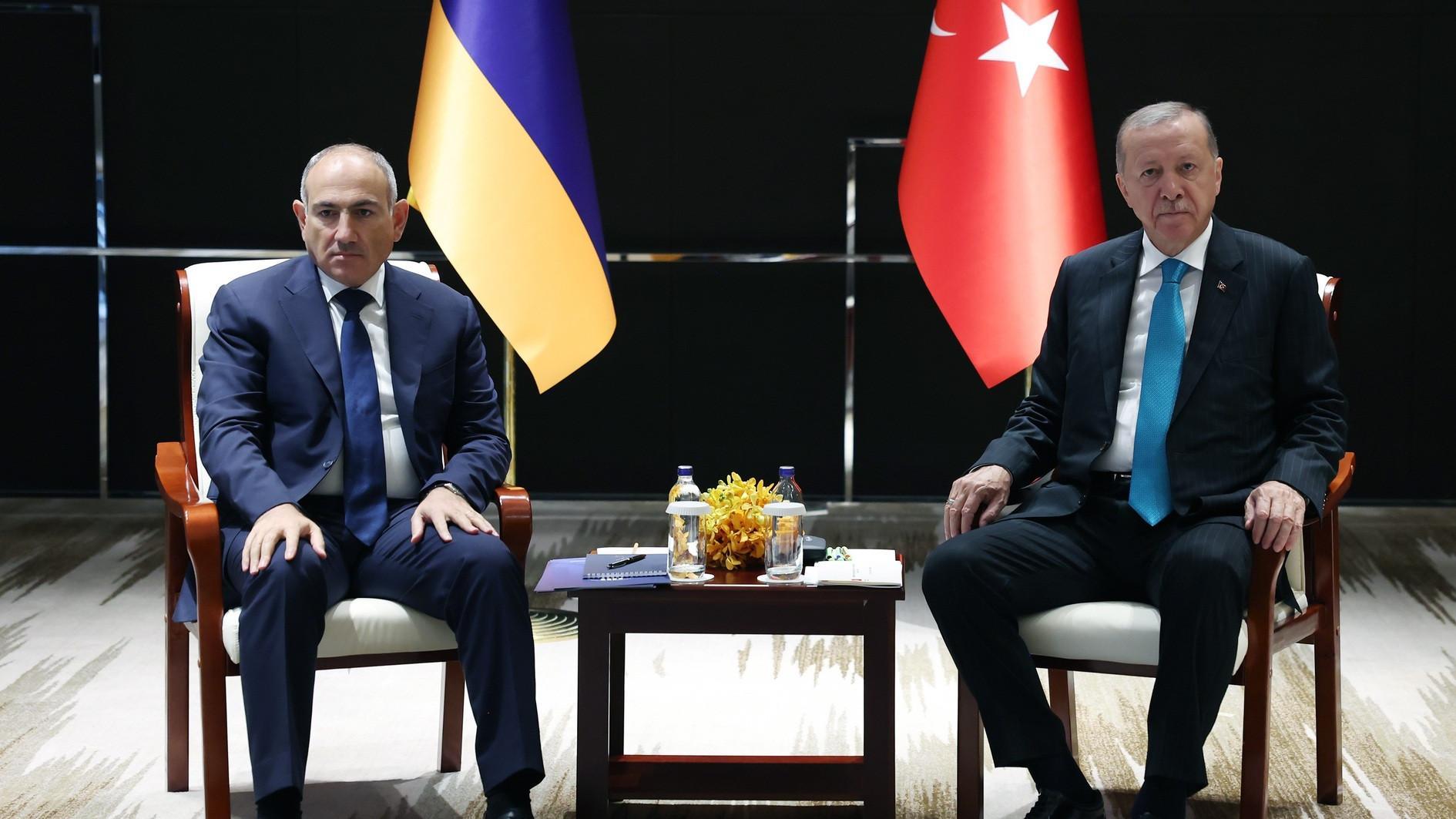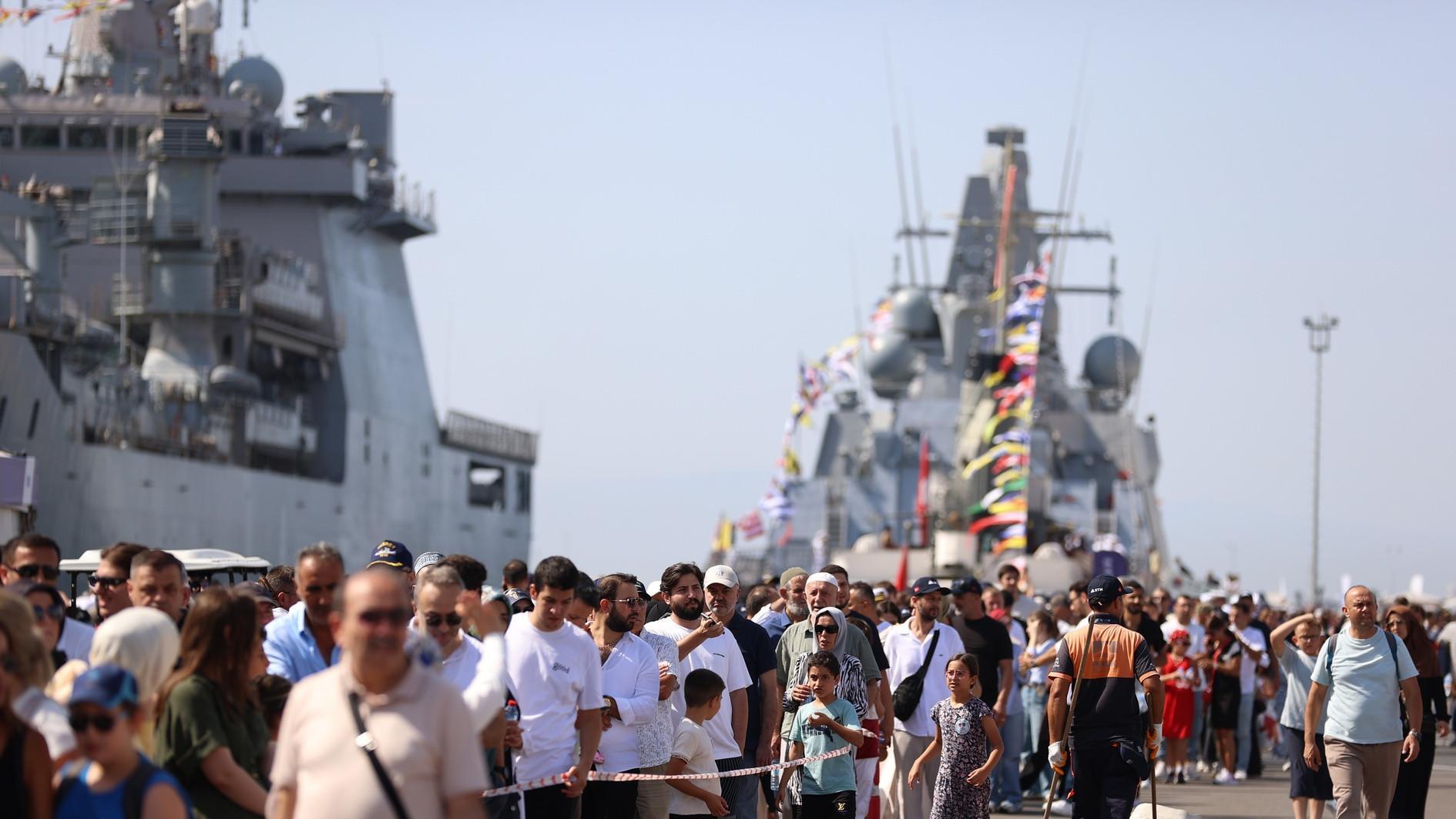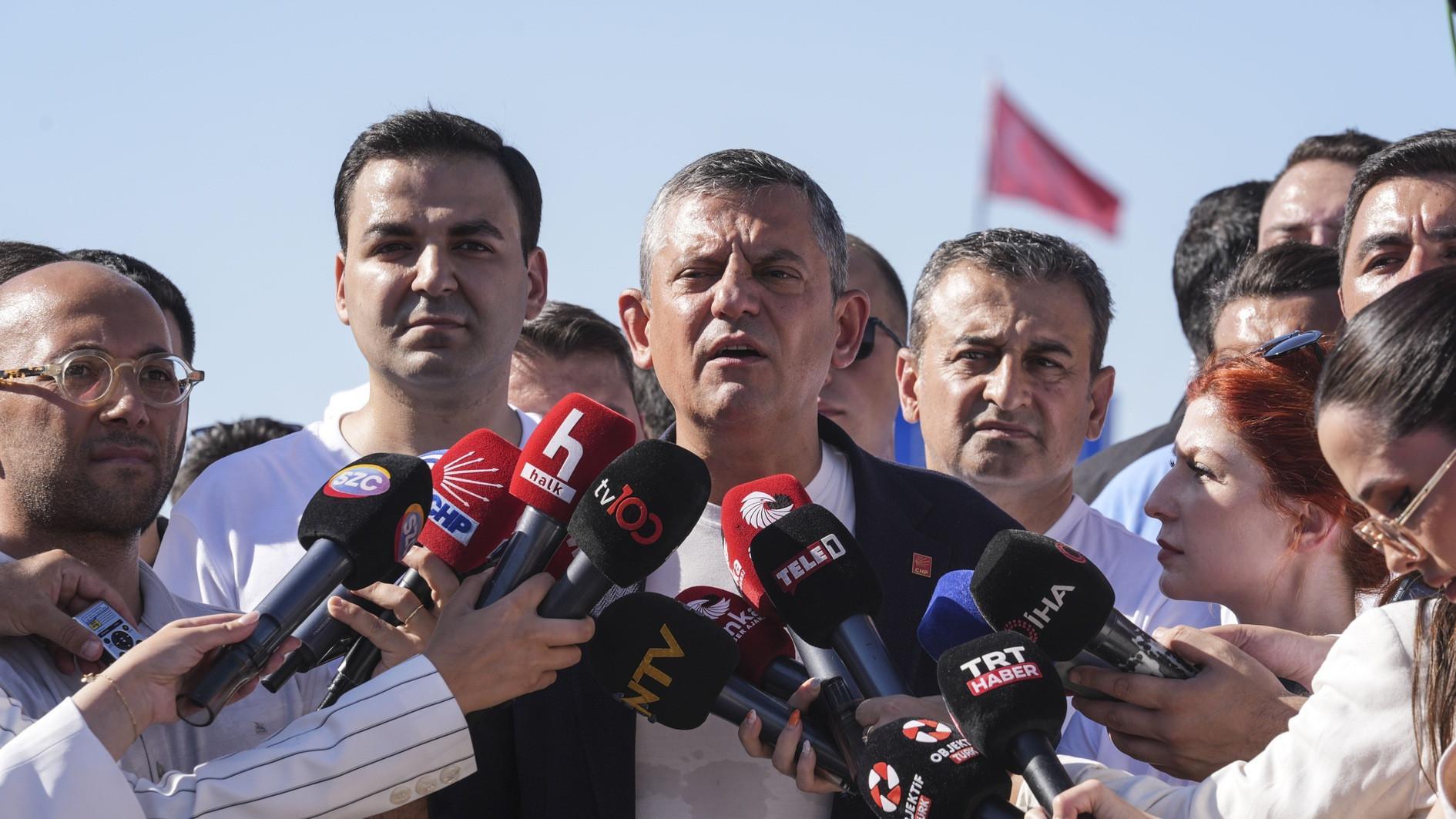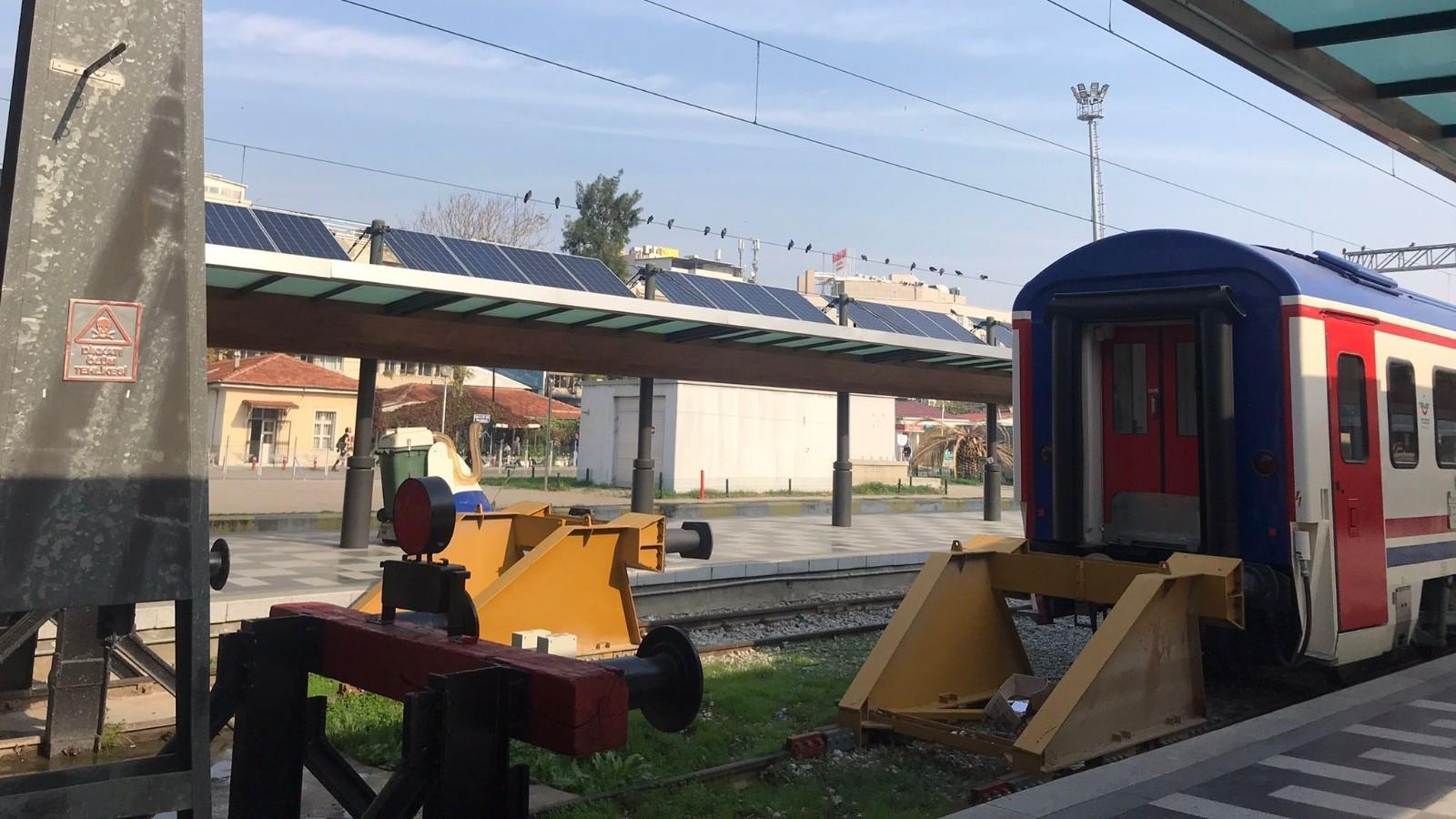Come invest in environs of giant Istanbul canal, Turkey tells Qatar
Gülistan Alagöz - DOHA
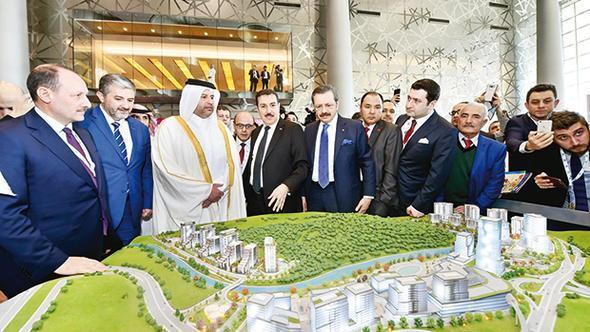
Turkey has introduced a 4.6 million square meter parcel stock on the route of Canal Istanbul to Qataris as an opportunity for joint investment in developing real estate and other construction projects.
The meetings were made on Jan. 18 at the Expo Turkey 2018, a high-profile trade fair, which kicked off in Qatari capital Doha with the participation of more than 110 Turkish companies.
Top representatives from Emlak Konut, a key Turkish property developer, came together with their Qatari counterparts to discuss joint investment opportunities in the parcel stock over the route of Canal Istanbul.
Nearly 23,000 properties are planned to be built in the area.
“We made a presentation about the area and investment opportunities for Qatari investors,” said Emlak Konut chair Ertan Yetim.
“We have invited them to jointly invest in the area on the revenue-sharing model,” he added.
Sources close to the matter told daily Hürriyet the Qatari investor group with which Emlak Konut had come together with was Qatari Diar, which already has property investments in Istanbul.
Canal Istanbul route unveiled
Turkey on Jan. 15 unveiled the “most appropriate” route for the planned Canal Istanbul project, an artificial sea-level waterway that runs parallel to the Bosphorus connecting the Black Sea to the Marmara Sea.
“The Küçükçekmece-Sazlıdere-Durusu corridor has been chosen as the most appropriate route for Canal Istanbul,” Transportation, Maritime and Communications Minister Ahmet Arslan said in a news conference in Ankara on Jan. 15.
Arslan said the route would extend for a length of 45 kilometers.
The route would start on the Küçükçekmece Lake, located between the districts of Esenyurt and Avcılar on Istanbul’s European side. It would then continue north through Istanbul’s Sazlıdere Dam and reach the Black Sea east of the Terkos Dam, located in the village of Durusu in the Çatalca district.
Turkish authorities have said the canal would be able to host 160 vessels a day and thus provide relief to shipping traffic, particularly oil tanker traffic, which currently has to wait in order to pass through the Bosphorus.
“The main objective of this project is to reduce potential risks posed by ships carrying dangerous materials, passing through the Bosphorus Strait. We also aim to create better and modern living conditions for our citizens through urban transition projects to be carried out along the planned sea route,” Arslan told journalists.
However, opponents have warned of potentially catastrophic environmental consequences and have criticized profiteers encouraged by uncontrolled urban expansion.


